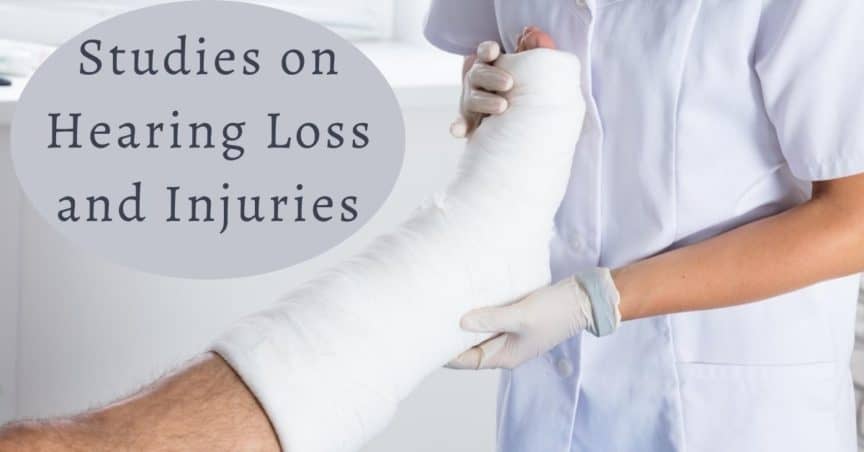Hearing loss is a common health condition that impacts millions of people. Nearly 1 in 8 people have some degree of impaired hearing in one or both ears. Though it is more common than you may think, it is often underdiagnosed. Hearing loss typically occurs gradually so it can be ignored or overlooked for quite some time. People can also have a hard time accepting the changes to their hearing health. But not treating hearing loss can significantly impact all aspects of a person’s life. Hearing loss can contribute to the development of other medical conditions and increases one’s risk of accidental injuries. Early intervention can strengthen communication and protect your health!
Impact of Hearing Loss
One of the most major effects of hearing loss is strained communication. Communication is foundational to how we navigate and make sense of our environments. A reduced ability to hear makes absorbing and processing sound and information difficult. People often experience:
- Tinnitus which is a buzzing or ringing noise in one or both ears
- Muffling of sound, make it difficult to hear and identify distinct words
- Difficulty following conversations
- Frequently needing others to repeat themselves and/or speak loudly
- Challenges with hearing in environments with background noise
This can lead to social withdrawal, communication fatigue, and strained relationships. If left unaddressed, these symptoms can worsen and impairment to hearing can become severe. This is dangerous for a variety of reasons including the increased risk of experiencing injury.
Hearing Loss and Injuries
Growing research shows that people with hearing loss are more likely to experience personal injuries. This relationship was explored in a significant study conducted by researchers at Harvard Medical School and Brigham and Women’s Hospital. Published in 2018 in JAMA Otolaryngology-Head & Neck Surgery Journal, this study found that people with hearing loss could be nearly twice as likely to experience accidental injuries.
- Study: researchers analyzed data collected by the National Health Interview Survey. Conducted between 2007 and 2015, the survey included 272,000 adults who self-reported their hearing status and experience with injuries in the past 3 months.
- Findings: show not only that people with hearing loss are more likely to experience injury but also that the more severe the hearing loss, the likelier it is that one will experience injury. People with:
- Little trouble hearing: 60% more likely
- Moderate trouble hearing: 70% more likely
- Severe trouble hearing: 90% more likely
These statistics reveal the significant correlation between hearing loss and accidental injury. Exploring this correlation, researchers suggest that people with hearing loss are less likely to hear warning signs. This could include: sirens, honks, voices shouting to move or duck etc. Our auditory system is a crucial way we analyze the environment we are in and detect hazards so when hearing is impaired, it makes sense that the ability is also impacted.
Accidental injuries can be really impactful. They can cause disabilities, hospitalizations, challenge mobility, increase healthcare costs etc. A major way to reduce your risk of personal injury, is to address and treat your hearing loss!
Benefits of Treatment
There are useful ways to effectively treat hearing loss. The first step is to schedule an appointment with a hearing healthcare specialist to have your hearing assessed. Hearing tests are a simple and noninvasive way to determine if you have any impairment, the degree, and specific type of hearing loss you may be experiencing. This information is used to determine the most effective treatment options that will meet your hearing needs.
Hearing loss is commonly treated with hearing aids which are small electronic devices designed to collect, amplify, and process sound. This increases one’s ability to hear in various environments which undoubtedly has numerous benefits including:
- Enhanced Communication: hearing aids alleviate the stress, fatigue, and anxiety that is often experienced with impairment. People are able to navigate conversations, social settings, and lively environments with greater ease.
- Boosts Confidence: being able to communicate effectively supports people participating more fully in activities and social life. This boosts confidence and a sense of independence.
- Improves Health: engaging with others and participating in activities improves mental, emotional, and physical health. This strengthens relationships and general well-being!
If you are ready to benefit from hearing loss treatment, contact us today to schedule a consultation!

